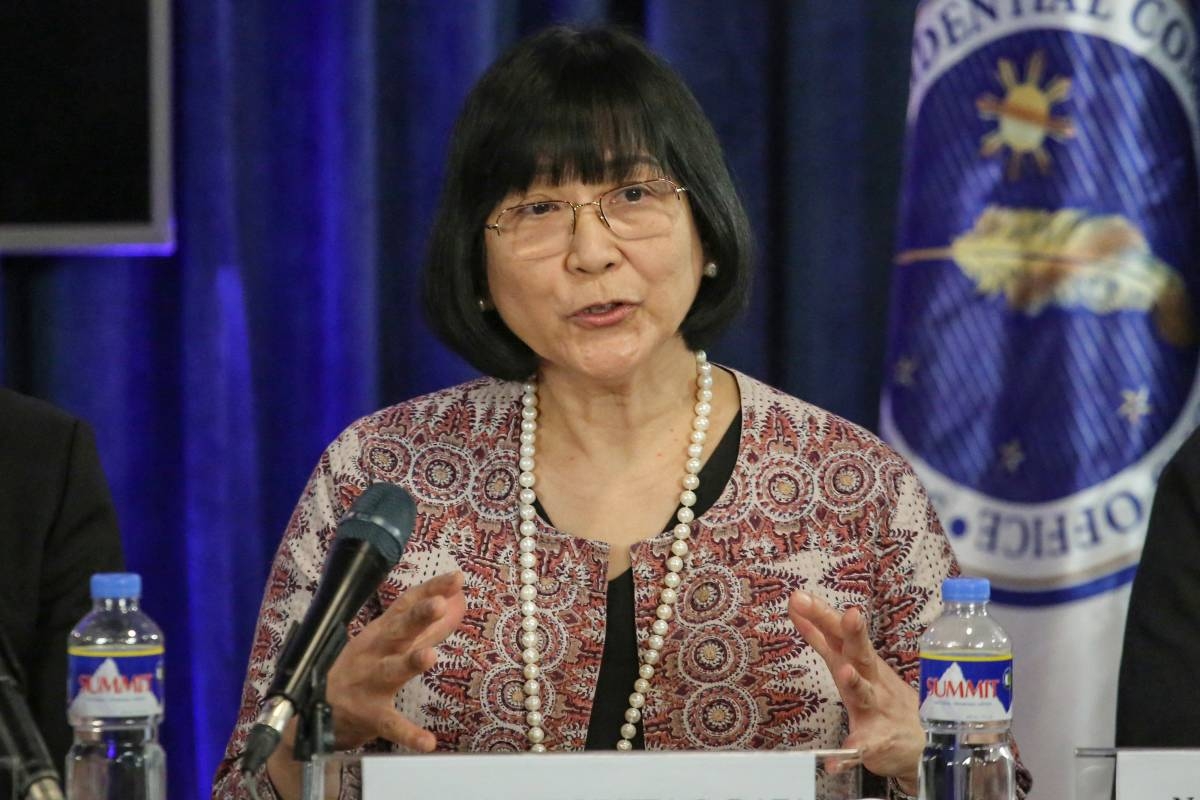MANILA, Philippines: The Philippine government has taken a strong stance against China’s Coast Guard (CCG) for their use of water cannons against Philippine vessels on resupply missions to Bajo de Masinloc and Ayungin Shoal in the West Philippine Sea. This move has prompted the Department of Foreign Affairs (DFA) to file a diplomatic protest and summon the Chinese Ambassador to Manila, Huang Xilian.
The aggressive actions by Chinese ships against Philippine boats have raised serious concerns, leading to discussions of declaring Ambassador Huang as “persona non grata.” DFA Spokesman Ma. Teresita Daza, in a joint press conference with the National Task Force on WPS, emphasized that this is an option that needs to be seriously considered.
According to the National Task Force on WPS, the recent incidents involved Chinese ships firing water cannons at two Bureau of Fisheries and Aquatic Resources ships. These vessels were attempting to bring supplies to Filipino fishermen in the Bajo de Masinloc, also known as Scarborough Shoal. The use of water cannons against unarmed Philippine vessels is a clear act of aggression.
Furthermore, tensions escalated when a CCG vessel collided with a civilian Philippine vessel on a resupply mission to Filipino troops stationed in Ayungin (Second Thomas) Shoal. This collision raises concerns about the safety of Philippine vessels navigating in the West Philippine Sea.
The actions of China’s Coast Guard not only violate international norms and maritime laws but also undermine the Philippines’ sovereignty and territorial integrity. The West Philippine Sea is an area of strategic importance to the Philippines and is recognized as part of its exclusive economic zone.
The Philippines has consistently advocated for the peaceful resolution of disputes in the West Philippine Sea through diplomatic channels and in accordance with international law, particularly the United Nations Convention on the Law of the Sea (UNCLOS). However, China’s aggressive actions undermine these efforts and hinder the establishment of a peaceful and stable maritime environment in the region.
It is important for the international community to understand the gravity of these incidents and the potential implications they may have on regional security. The use of water cannons and collisions between vessels not only endanger the lives of Filipino fishermen and troops but also threaten the stability of the entire region.
The Philippines remains committed to upholding its rights and interests in the West Philippine Sea. The filing of a diplomatic protest and the summoning of the Chinese Ambassador demonstrate the country’s determination to address these violations and protect its sovereignty.
As the Philippines continues to navigate through these challenges, it calls on the international community to support the peaceful resolution of disputes and the adherence to international law. The West Philippine Sea should be a place of cooperation, not confrontation, where nations can work together to ensure the safety and prosperity of all parties involved.
By taking a firm stance against China’s aggressive actions, the Philippines is sending a clear message that it will not tolerate any violation of its sovereignty and will actively defend its rights in the West Philippine Sea.
It is crucial for all nations involved to engage in meaningful dialogue and find diplomatic solutions to prevent further escalation of tensions in the region. The peaceful coexistence and cooperation among nations are essential for the stability and prosperity of the West Philippine Sea and the entire Asia-Pacific region.







